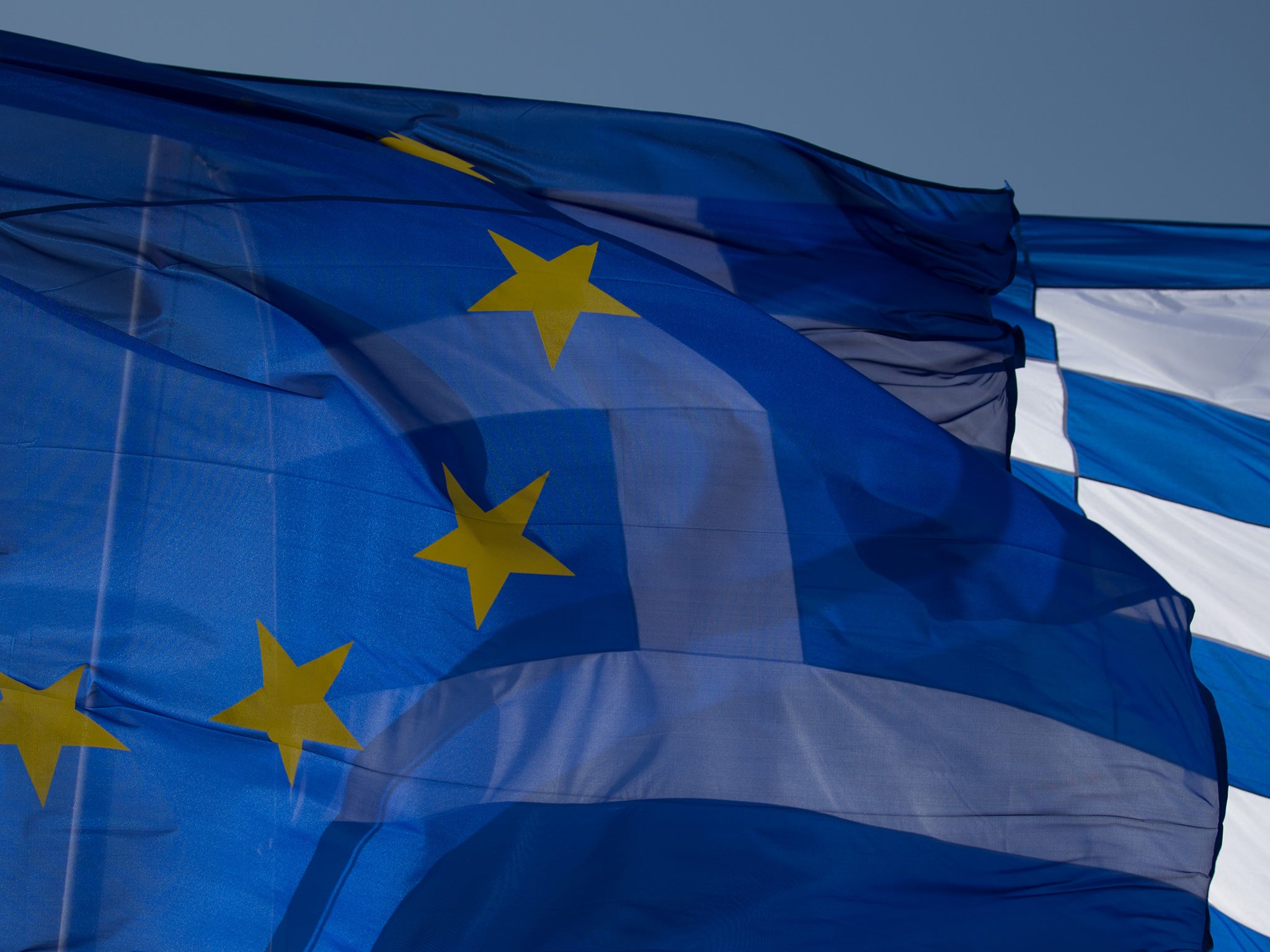The Greeks can’t live without the euro and they can’t live with it
Das Capital: The Greeks gave up their trump card even before the negotiations commenced

Repeating the same thing over and over again and expecting a different result is one of the signs of madness. So the Greek electorate’s decision to re-elect Syriza was interesting.
The first time around, the Syriza- led government played a weak hand badly. Its performance suggested it wasn’t ready for power and hadn’t understood its predicament. An excessive desire for the limelight was unhelpful in what were always going to be difficult negotiations with its European Union partners, while the assumption that the EU would respect the democratic process and the new Greek government’s mandate was optimistic given recent European history.
Assumptions about support for Greece from other eurozone nations were fantasies. Not one supported its call for a cancellation of debt. The Greek self-image of itself as a respected member of the EU, rather than a fringe dweller, was mistaken.
The negotiation tactics, portrayed as sophisticated game-theory moves, were incoherent. Digressions into side issues such as return of German war plunder, whatever the merits of the claim, were distractions.
The Greeks also gave up their trump card even before the negotiations commenced. The option of a simultaneous debt default and withdrawal from the single currency would have threatened the eurozone and also offered the country the best chance of long-term recovery.
While extremely painful, that option would arguably be no worse than Greece’s current privations. Importantly, it would return sovereignty and control over the currency and interest rates. This would ultimately allow Greece to devalue to regain competitiveness.
In addition, it would help reverse capital outflows. Devaluation combined with capital controls would make this nugatory.
A lower currency might also make Greek assets attractive, while loss of access to external funding would not alter the existing position.
In the longer term, Greece might be able to return to capital markets were the economy to revive and reforms be undertaken. There is no guarantee of success but Grexit probably was the best course of action.
However, the country’s electorate awarded Syriza a self-contradicting mandate to eliminate austerity but stay within the euro. Middle and upper-class Greeks want to continue to receive pensions and payments in hard euros rather than in more volatile drachma.
The surrender of the potent threat of default and withdrawal created, from the outset, a paradox. Greeks feared Grexit more than the lenders, leaving it with minimal leverage and bargaining power.
Compounding the weakness was the failure to anticipate capital flight and make contingency plans for coping with it. The reliance of Greek banks on European Central Bank (ECB) funding was ignored. Both problems had been obvious before the 2015 election.
Predictably, as the outflow accelerated amid the post-election uncertainty, the absence of restrictions on withdrawals and outward remittances fatally increased reliance on ECB emergency funding. With the central bank tightening collateral rules and controlling funding to Greek banks, the risk of a collapse of the banking system further weakened the government’s bargaining position.
Complaints about liquidity “asphyxiation” do not acknowledge Syriza’s lack of awareness and its surrender of a prime asset – the moral high ground.
In order to continue to meet repayment obligations, it commandeered local government reserves and balances of other public sector organisations, as well as delaying payments to suppliers and tax refunds. These actions to placate its creditors smacked of desperation and many authorities did not comply, preferring to spend the money rather than hand it over. The government’s appropriation of funds earmarked for specific purposes alienated its own supporters.
Its narrative of fighting the good fight and winning concessions did not accord with the facts. Greek voters and party members felt that little had or would change.
Business news: In pictures
Show all 13The Syriza MEP Manolis Glezos (a member of the Greek left who participated in the Second World War resistance) asked the electorate for forgiveness for contributing to the illusion that his party would oppose and overturn austerity policies. He described the strategy as renaming meat as fish. The government dismissed the criticism as ill informed.
The only winner was the neo-fascist Golden Dawn party, which is now the sole party that is promising real change.
Satyajit Das is a former banker and author whose latest book, ‘A Banquet of Consequence’, will be released in February 2016
Subscribe to Independent Premium to bookmark this article
Want to bookmark your favourite articles and stories to read or reference later? Start your Independent Premium subscription today.

Join our commenting forum
Join thought-provoking conversations, follow other Independent readers and see their replies